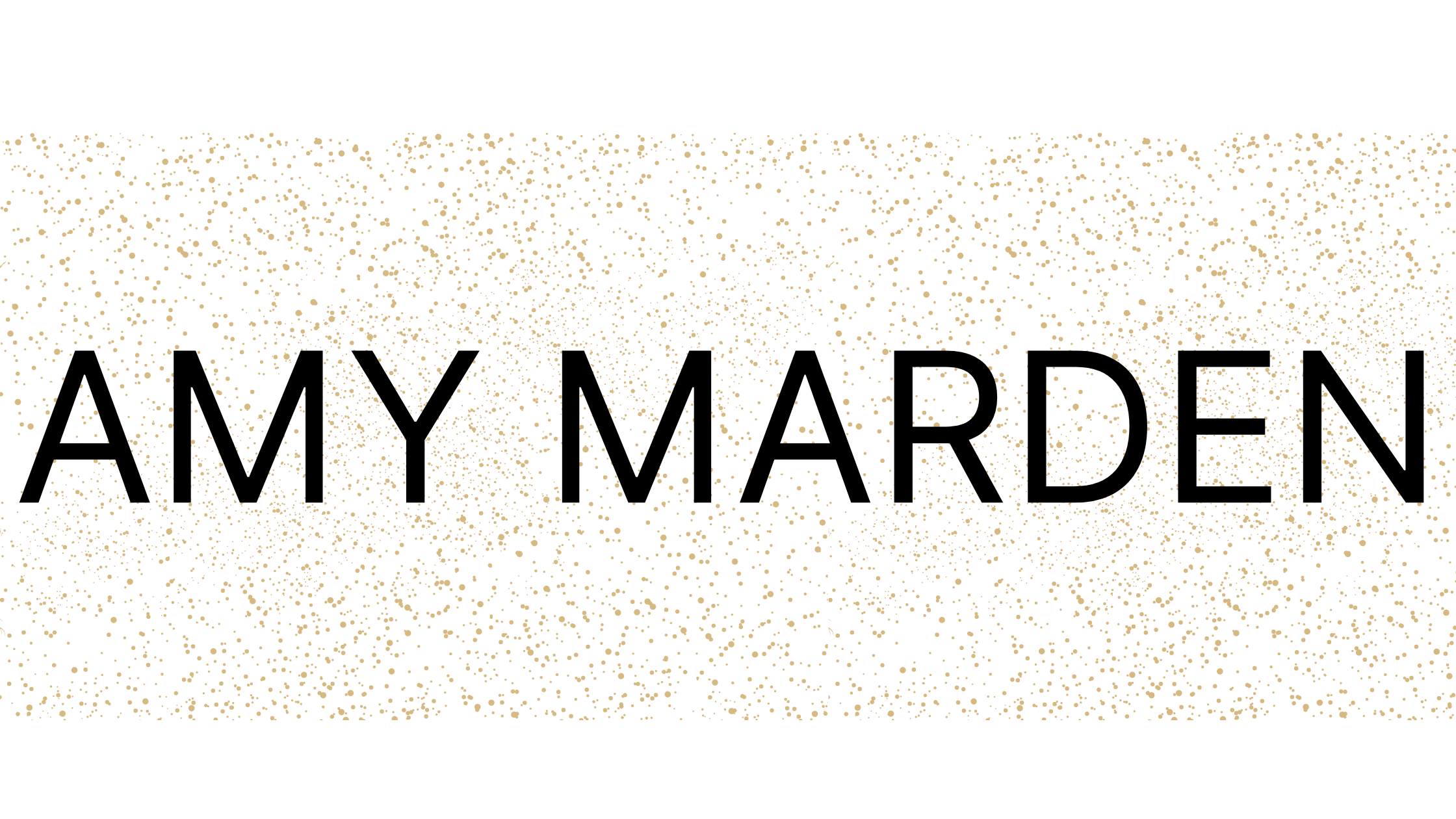Like the center of the Earth, the query letter is something of a mystery to me. I have probably spent more time writing and rewriting and editing that letter–and the elusive, all-important second paragraph–than I spent on chapters of my book.
Well, that’s not true. I edited that story for-ev-er. But you know what I mean.
In my quest to conquer the query beast, I found three resources very helpful. I share them here with the hopes that anyone who may stumble across them will end up with a stronger letter that is, in the very least, free of easy-to-avoid pitfalls that will land your query immediately in the delete folder.
First, before you even start writing your letter, read Jane Friedman’s excellent and comprehensive article: How to Write a Query Letter. If you are not familiar with Ms. Friedman and her website, get familiar. In my opinion, her website has the clearest, most comprehensive guidance (regarding all aspects of writing) available on the internet. This is not to say you shouldn’t explore many sources, but it’s a great place to start.
Second, find a mentor. Find many mentors. Give your letter to anyone who will read it and listen to their critique. Non-writer Readers can be helpful here, too. That second paragraph–the one where you dazzle an agent in under 200 words–is hard. Really hard. You won’t get it right the first time, I guarantee it. You’ll be lucky if it’s right the fiftieth time. I thought I had a solid “middle section” until my mentor pointed out that it was a synopsis, not a pitch, and oh by the way it was at least three times longer than it should be, and also oh by the way don’t ever give away the ending. Oops. After a dozen more revisions she was kind enough to show it to another writer who said, yeah, it’s good, but you’re not digging into that middle grade voice enough. I’m not? I looked it over and said, “She’s right! I’m not!” So I wrote it again. And again. (It’s now out in the world for agents to see, so time will tell if I nailed it in the end.)
Third, read book jackets, or if you’re online, book blurbs–preferably in your genre. That paragraph that tries to entice you to spend $9.99 on the Kindle edition is the kind of second paragraph you want in your query. You are trying to sell your story to an agent just like the bookstore is trying to sell the story to you. Look at the first sentence hook, the voice, how conflict is characterized, what is given away and what isn’t. . .all of it. You will read some you don’t like, and when you do, take time to think about what you didn’t like about them. Just as you read books to write a better book, you can read blurbs to write a better blurb.
I worked and reworked my query until I literally could not possibly make it any cleaner. When I started feeling like maybe the changes were making it worse (had I used that phrasing four drafts ago and decided against it?) it was time to stop. And really, I’m sure it can be better because everything can always be better, but I maxed out my ability and so it had to be good enough. If you are reading this thinking, “Man, that sounds like a lot of work,” it is. But your story was a lot of work, right? Would you really work that hard on polishing your story and not do the same thing for the instrument that will take you one step closer to unleashing that story on the general public?
Have you started or finished a query letter? What did you find most helpful in your quest to conquer the query beast?

Recent Comments